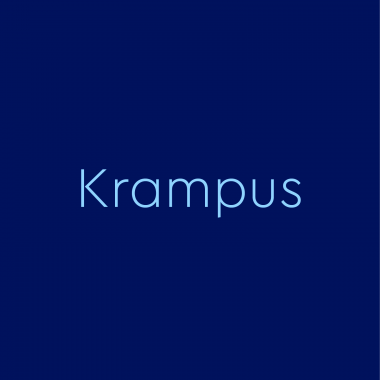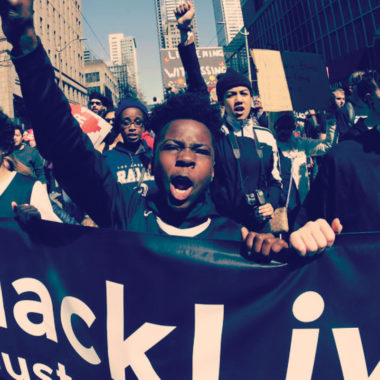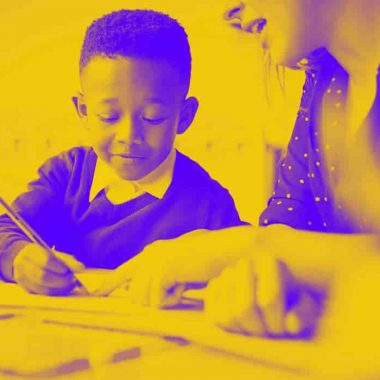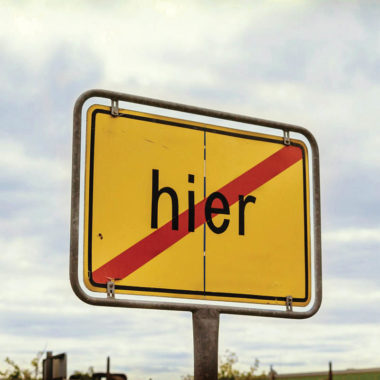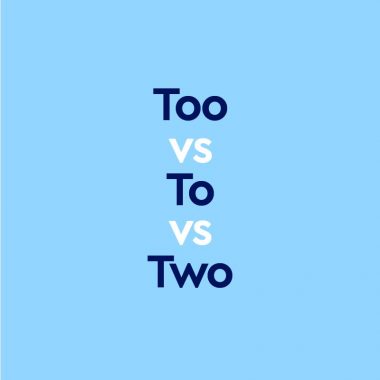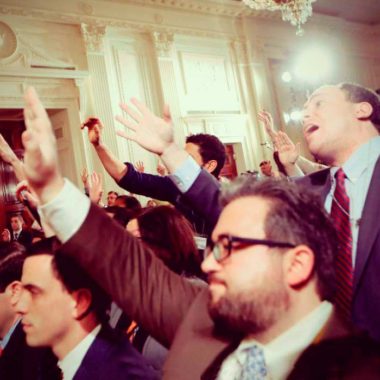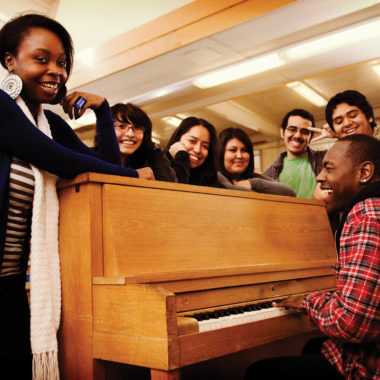Why Did China’s Internet Censors Flag The Word Salt?
Censorship is probably as old as language itself. Okay, maybe it’s not that old, but there were censorship laws in Ancient Greece and in Dynastic China more than 2,000 years ago. From the Latin verb censere meaning “to appraise, value or judge,” the word “censor” was first used to name the Roman official who oversaw public morals. How censorship is implemented, though, shifts over time. Today, …


